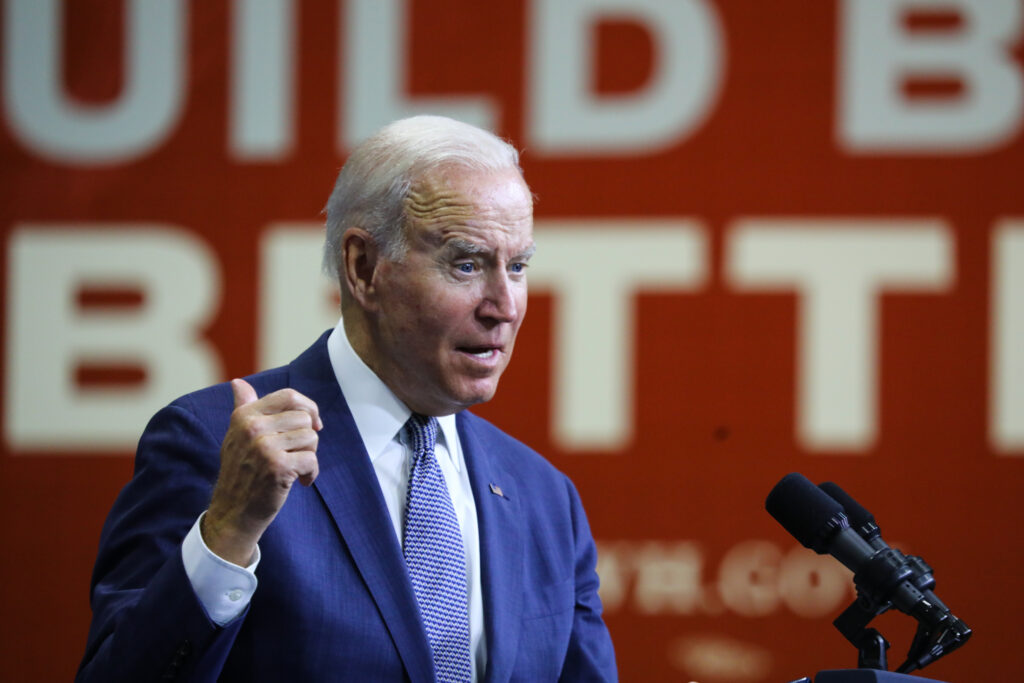|
What does the Supreme Court ruling mean for states? Today the Supreme Court upheld as constitutional most of President Barack Obama’s Patient Protection and Affordable Care Act, including the controversial individual mandate, which was called a tax by the Court. The Court did, however, strike down the law’s Medicaid expansion penalty. Chief Justice John Roberts wrote for the majority, “The States claim that this threat [of withholding Medicaid funds] serves no purpose other than to force unwilling States to sign up for the dramatic expansion in health care coverage effected by the Act. Given the nature of the threat and the programs at issue here, we must agree.” So what does this mean for state lawmakers? – The federal government cannot force states to expand their Medicaid programs by withholding Medicaid funds. – States have no requirement to implement any remaining parts of the federal health care law, including exchanges. As state lawmakers consider what to do next, they should consider what moving forward with implementation could mean to their state budgets. According to the Congressional Budget Office, the Medicaid expansion, if implemented in whole, was set to add 16 million new people to state Medicaid programs. The Supreme Court’s ruling allows states to decide for themselves whether they can afford to add millions of people to their already financially strained Medicaid programs. As the minority opinion explains, “acceptance of the offer will impose very substantial costs on participating States.” It also brings up the question as to whether states should move forward on implementing health insurance exchanges. As a Heartland Policy Tip Sheet explains, “Financial assistance from the federal government will end by 2014, forcing states to try and find ways to compensate, increasing state spending.” States should resist implementing these costly provisions and focus their efforts on restructuring their Medicaid programs with consumer-driven health care reforms that make it easier and more affordable for people to get quality health insurance. If you would like to join the discussion and learn more about what states should do in the wake of the Supreme Court’s ruling, I invite you to come hear from some of the nation’s leading health care experts at the 2012 Emerging Issues Forum on August 9. This week’s edition of The Leaflet features research and commentary addressing health care, wireless spectrum, sea-level rise, teacher tenure, economic decline, and the bankruptcy of MF Global. Respectfully, John Nothdurft
|
|
Lead Story Supreme Court Series Medicaid Expansion R&C Interstate Health Care Compacts Final HHS Exchange Rules R&C |
|
What We’re Working On Research & Commentary: Wireless Spectrum Sales Wireless communications have improved the lives of millions of people across the United States and the world. However, the rapid expansion of wireless services has brought growing pains: The electronic spectrum on which most communications are broadcast is a limited resource that is quickly filling up. Senior Policy Analyst Matthew Glans examines wireless spectrum auctions, the growing spectrum crunch, and the Verizon/SpectrumCo sale, covering multiple perspectives on how the sale will affect the wireless and digital market. Research & Commentary: Sea-Level Rise in North Carolina The North Carolina House is considering a bill that would redefine how rates of sea-level rise are extrapolated for regulatory purposes. Under the provision, the Coastal Resources Commission and Division of Coastal Management would estimate future rates of sea-level rise using only peer-reviewed, historical data generated through scientifically and statistically accepted techniques. This would prohibit the use of unreliable computer models and isolated events to impose regulations on activities speculated as contributing to rising sea levels. Research & Commentary: Loosening Teacher Tenure in New Jersey New Jersey is one of several states—including Florida, Idaho, Indiana, Nevada, South Dakota, and Virginia—that recently considered tightening qualifications for teacher tenure or replacing it with rolling contracts. Teachers unions argue tenure is necessary to protect K-12 teachers from being arbitrarily fired. Reformers point out tenure makes it impossibly expensive and time-consuming to remove poor teachers, which degrades student learning. Obama’s Perfect Plan for the Economic Decline of America Heartland Senior Fellow Peter Ferrara takes President Barack Obama to task for his economic plan – outlined recently during a speech in Cleveland – to bring the U.S. economy to a recovery and generate good, middle-class jobs. The Collapse of MF Global: What Happened and Lessons Learned In this article in the Heartlander digital magazine, Hilary Till discusses the bankruptcy of MF Global Inc., a commodity futures broker. While bankruptcies of financial firms are not unusual, Till explains why MF Global’s caused such consternation in the financial industry. Till contends the MF Global bankruptcy educated industry participants that customer protections in the U.S. commodity futures markets are more ambiguous than expected. Till concludes with a number of recommended reforms to prevent future bankruptcies like MF Global’s.
|
|
The Heartland Institute has been delivering exactly what state legislators need since 1984. Now for as little as $99 you can join more than 200 elected officials and begin receiving even more great benefits from The Heartland Institute.
|
|
Events Register Today!! Thursday, August 9, 2012 Chicago, IL A limited number of travel scholarships available for elected officials Contact John Nothdurft at [email protected] for more information.
|
|
Policy Newspaper The July issue of Health Care News reports Oregon Gov. John Kitzhaber has convinced President Barack Obama’s administration to gamble on the state’s new, largely untested health care plan. |
|
Supreme Court Shocker: Obamacare Mandate Upheld, But As a Tax Would President Obama’s Reelection Doom Fracking? IT Poses Stumbling Block for ACA Implementation
|



